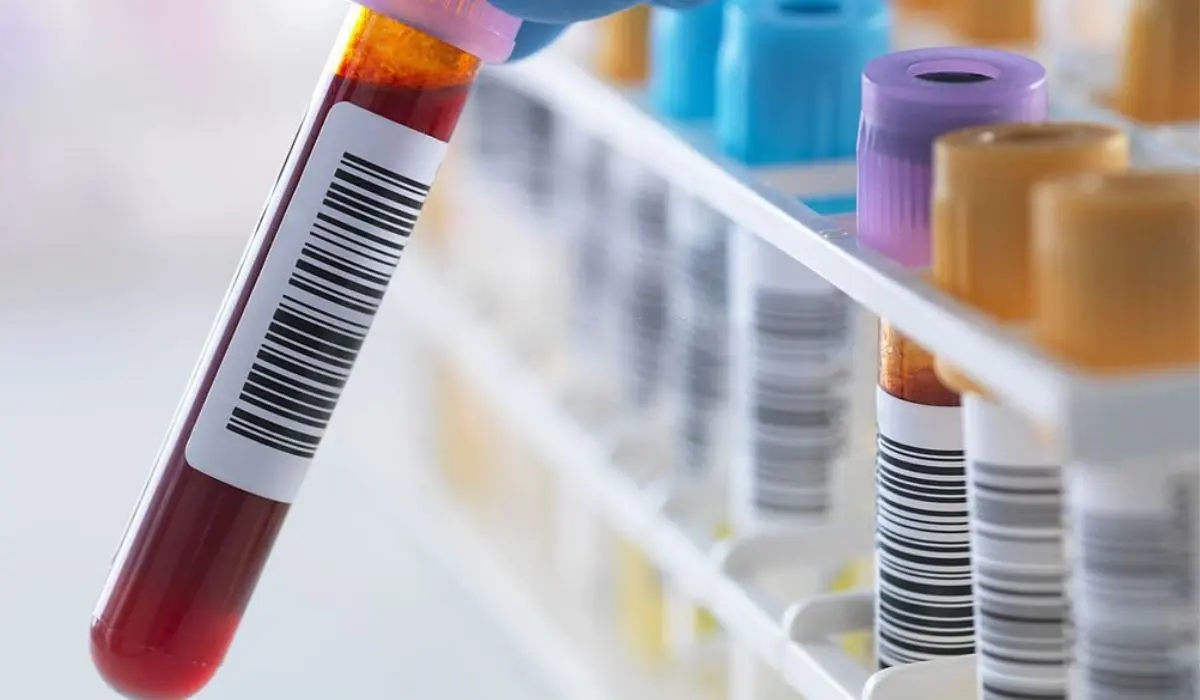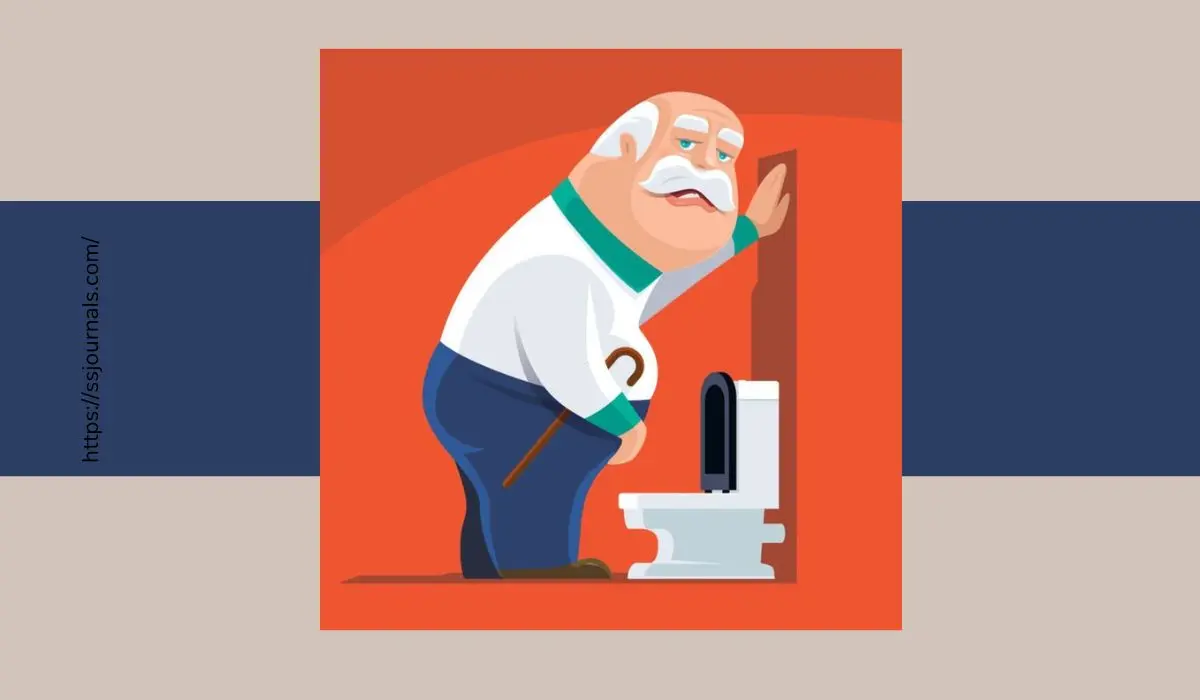It can be an alarming discovery to notice blood in your urine during a urinary tract infection (UTI). While typically a UTI causes symptoms like a persistent urge to urinate, pain or burning when peeing, and cloudy or foul-smelling urine, hematuria or blood in the urine can also sometimes occur.
Understanding the connection between UTIs and bleeding can help you identify when it may require further medical attention versus when it is likely just an uncomfortable but harmless symptom.
What Causes Hematuria During A UTI?
Hematuria refers to the presence of blood in the urine. There are a few possible ways this bleeding and irritation of the urinary tract can happen during a UTI:

Infection and inflammation
The urinary tract becomes inflamed during an infection. This can cause bleeding when inflamed tissue rubs off the lining of the urethra or bladder walls when urinating.
Damage to the urinary tract
Certain UTIs, like kidney infections, can spread to the kidneys and physically damage urinary structures that contain many blood vessels. This can lead to blood seeping into the urine.
Treatment side effects
Some antibiotics used to treat UTIs can irritate the lining of the bladder, ureters, or urethra, causing temporary bleeding.
Kidney stones
UTIs can sometimes lead to kidney stone development. Passing these stones can then cause hematuria.
Enlarged prostate (in men)
When the prostate becomes enlarged, it can put pressure on the urethra and bladder, potentially leading to irritation, inflammation, and bleeding during a UTI.
Cancer
While very rare, sometimes recurrent or persistent hematuria without infection can be a sign of bladder cancer or other urinary cancers. This is why it’s important to get evaluated if bleeding lasts beyond the infection.
Also Check: What Are The Types Of Urinary Incontinence? Take Back Control
Diagnosing The Cause
To determine the cause of hematuria, your doctor will typically:
➜ Ask about your symptoms and medical history
➜ Perform a urinalysis to assess for blood and infection
➜ Order a urine culture to identify the bacteria causing a UTI
➜ Do imaging like an ultrasound, CT scan, or MRI to visualize the urinary tract
➜ In severe cases, perform a cystoscopy to directly view the bladder
Treatment Options
Treatment will depend on the underlying cause but may include:
◾️ Oral antibiotics to clear a UTI or kidney infection
◾️ Increased fluid intake to flush out the urinary tract
◾️ Medications to manage pain or discomfort
◾️ Surgery in rare cases to address problematic kidney stones, tumors, enlarged prostate, etc
◾️ Further testing and cancer treatment if there is concern for malignancy
◾️ Addressing and managing any underlying medical conditions
When hematuria occurs alongside an expected UTI, antibiotics and time usually resolve both issues. However recurrent, heavy, or persistent bleeding should not be ignored and requires medical investigation to rule out serious conditions.
When To See A Doctor?
You should make an appointment with your healthcare provider if:
- You have heavy bleeding, clots, or pink-tinged urine that lasts over 24-48 hours after starting antibiotics
- Bleeding gets heavier over time versus improving
- Hematuria persists over one week after finishing antibiotics
- You have a high fever over 101°F along with lower back pain
- You are pregnant and have any UTI symptoms along with bleeding
- You have other symptoms like abdominal pain, increased urinary urgency or frequency
- You have a history of kidney problems, frequent UTIs, or other urinary tract problems
Conclusion
Noticing blood in your urine can certainly be alarming. However, minor bleeding is reasonably common with UTIs, especially kidney infections, due to inflammation and irritation of the urinary tract. Mild hematuria usually resolves on its own with proper UTI treatment.
Still, heavy bleeding, bleeding that lasts beyond a few days, or bleeding accompanied by high fever, chills, and back pain should prompt further evaluation to rule out concerns like kidney infection spread, kidney stones, enlarged prostate, or rarely even cancers. If in doubt, do not hesitate to seek medical advice.
Catching any serious issues early vastly improves outcomes. But in most cases, UTI-related hematuria is merely an uncomfortable temporary symptom that passes along with the infection itself after a short course of antibiotics.
FAQ
While it’s not extremely common, hematuria can be considered normal with a UTI, especially moderate to severe kidney infections. Mild blood tinging urine pink or red happens in around 6-8% of lower UTIs. More concerning heavy bleeding is less expected.
Mild bleeding or pink-tinged urine with a UTI usually just reflects inflammation and irritation of the urinary tract. It typically clears up after proper antibiotic treatment. Heavy bleeding or large blood clots are less normal and may mean the infection has spread to the kidneys or upper tract.
You should contact your doctor if bleeding persists over a couple days after starting antibiotics, gets heavier over time, is accompanied by fever over 101°F, or if you have back/side pain. This may indicate a kidney infection that needs different antibiotics or further evaluation.
It’s less common, but yes – occasionally a lower UTI can spread to the kidneys. Typical symptoms are high fever, chills, nausea, and flank pain along with hematuria. Kidney infections can damage structures that cause bleeding, so prompt medical care is key.
In most cases, mild to moderate hematuria goes away within 1-2 days after properly treating the UTI with antibiotics. More severe bleeding or bleeding that persists longer than a few days after antibiotics should be evaluated to rule out other issues like kidney problems, cysts, or rarely cancers.
More: What Is Genitourinary Tract? Symptoms Of Gentiourinary Infection

